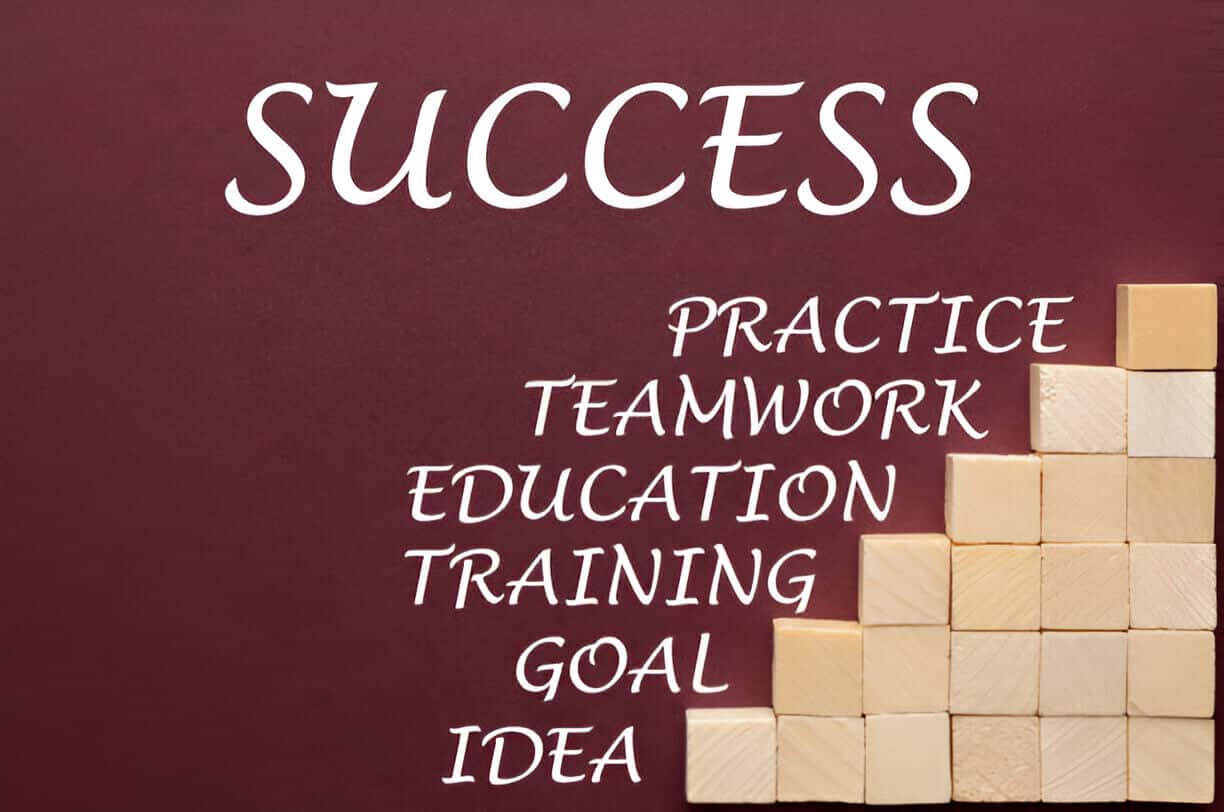Building a resilient business model is crucial for long-term success, especially in today’s dynamic and unpredictable market. Vinay Mehra, a seasoned leader with vast experience across industries, has developed strategic insights that help businesses build resilience and adapt to challenges. With his background in business leadership, particularly from his base in Boston, Massachusetts, Mehra has seen first-hand the importance of strong, flexible business models.
Understanding Market Dynamics
One of the key elements of building a resilient business model is understanding and anticipating market dynamics. Vinay Mehra emphasizes the importance of studying market trends and customer behaviors. Businesses that succeed are those that can quickly adapt to changing conditions. Mehra believes that being proactive rather than reactive is critical. To build resilience, businesses should continuously gather market intelligence and ensure that their models are aligned with current and future market conditions. This allows companies to pivot effectively during times of disruption.
Diversification of Revenue Streams
A resilient business model is one that doesn’t rely solely on one revenue stream. Vinay Mehra suggests that businesses diversify their revenue sources to mitigate risks. Whether it’s exploring new product lines, entering new markets, or adopting different sales channels, diversification can provide a safety net during economic downturns or industry shifts. In his leadership roles across Boston, Newton, and Cambridge, Mehra has helped various businesses thrive by identifying new growth opportunities and minimizing over-reliance on a single revenue stream. He encourages businesses to explore potential partnerships, new technologies, and innovative products to diversify effectively.
Agile Operations and Adaptability
Agility is at the core of a resilient business model. Vinay Mehra stresses that businesses must maintain flexibility in their operations to adjust quickly to new circumstances. He advocates for developing an operational structure that allows teams to make quick decisions, adjust strategies, and reallocate resources as needed. Especially in industries where technology and consumer preferences are constantly evolving, agility can make the difference between success and failure. Mehra’s experience in overseeing projects across Massachusetts has shown that companies that embed flexibility into their operations can weather uncertainties far more effectively than those with rigid structures.
Strong Financial Planning
Resilience in a business model also depends heavily on strong financial planning. Vinay Mehra advises businesses to maintain healthy cash reserves and reduce unnecessary costs to build financial resilience. He highlights the importance of regularly reviewing financial projections and ensuring that the company’s budget is adaptable to different economic conditions. In both Boston and Newton, Mehra has helped businesses navigate financial crises by focusing on strategic financial management, which includes careful risk assessments and a long-term view of financial stability.
Investing in Human Capital
For Vinay Mehra, a resilient business model also includes a focus on human capital. Employees are the backbone of any company, and investing in their development is crucial for long-term resilience. Mehra encourages businesses to create an environment where employees feel supported, empowered, and engaged. Training programs, opportunities for growth, and maintaining a positive work culture are all essential components of this. During his time leading teams in Cambridge and other parts of Massachusetts, Mehra has seen how businesses that prioritize their workforce can bounce back faster during crises and remain competitive.
Technology and Innovation
Incorporating technology and innovation into the business model is another key aspect of building resilience. Vinay Mehra believes that companies should leverage the latest technological advancements to streamline operations, improve customer experiences, and stay ahead of the competition. He advises businesses to invest in digital transformation, automation, and other innovations that can make processes more efficient and scalable. In his work across Boston and Cambridge, Mehra has seen first-hand how businesses that embrace technology are better equipped to adapt to market changes and sustain long-term growth.
Scenario Planning and Risk Management
Finally, Vinay Mehra stresses the importance of scenario planning and effective risk management. Businesses must prepare for potential risks by simulating different scenarios and developing strategies to mitigate their impact. By considering various possibilities, businesses can identify vulnerabilities in their current models and develop contingency plans. Mehra suggests that regular scenario planning sessions be conducted with key stakeholders to ensure that everyone is aligned with the company’s risk management strategies. His experience working with teams in Newton has shown that this proactive approach enables businesses to navigate uncertainty more confidently.
Conclusion
Vinay Mehra’s tips for building resilient business models reflect his deep understanding of market dynamics, financial planning, and the importance of human capital. Through his extensive experience across Boston, Newton, and Cambridge, he has seen the positive impact of these strategies in helping businesses survive and thrive in challenging environments. By focusing on diversification, agility, financial strength, and innovation, businesses can build models that are not only resilient but also poised for long-term success.
